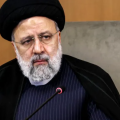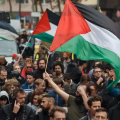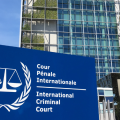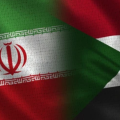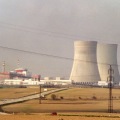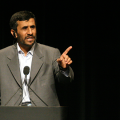Iran’s Political Future: What Happens After the President’s Death
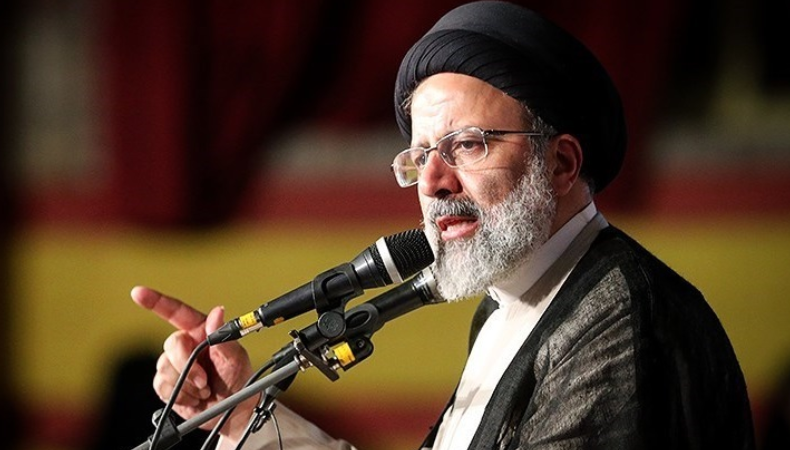
There is now a great deal of doubt regarding Iran’s future course after President Ebrahim Raisi’s untimely demise. Both domestic politics and the country’s geopolitical position are in upheaval as it struggles with this great loss.
Iran’s Political Vacuum
At a crucial moment for Iran, President Raisi’s passing creates a big power vacuum. Hardline government and a resolute position on Iran’s nuclear aspirations characterized his administration. The immediate worry is who will take Raisi’s place and whether or not they would carry on with his ideas or take the nation in a another path. There is a lot of uncertainty in the political scene right now, and different groups inside the administration are probably fighting for control. Depending how the succession process develops, this battle may result in a time of instability or a chance for reform.
The Israel and Hamas Equation
The Middle East is reeling from Raisi’s death, especially Iran’s relations with Hamas and its position on Israel. Considered a “honorable supporter,” Raisi was deeply mourned by Hamas, which underlined how crucial Iran’s backing of the Palestinian cause was. This connection is crucial since it affects the power structures and continuous tensions in the area. With Raisi’s death, questions are raised about Iran’s ongoing support of Hamas. Should the new Iranian leadership decide to change this backing, Hamas’s activities and the larger Israeli-Palestinian conflict may be greatly impacted.
Israel, meantime, keeps watchful. Concerns for the Israeli government have long included Iran’s nuclear aspirations and backing of anti-Israel groups. The void Raisi leaves behind may result in additional instability if hardliners seize control and carry out tough initiatives, or in a deflation of tensions if a more moderate leader emerges. The way Iran proceeds and how the world reacts to the new leadership will determine the result in great part.
Women’s Rights Movement at a Crossroads
The killing of Raisi has had a significant effect on Iranian internal dynamics, particularly with regard to the rights demonstrations spearheaded by women. The Raisi government was well-known for its severe crackdown on these movements, which included harsh tactics to quell opposition. With this development, activists now have some hope that changes and a more progressive position on women’s rights may be possible. But major obstacles are the regime’s firmly ingrained conservatism and the judiciary’s unwillingness to shift.
It is doubtful if the passing of a hardline president like Raisi will inspire reformist factions in Iran. Strong challenges are presented by the regime’s power structure and dedication to preserving the status quo. All the same, the present political unrest might offer a chance for resurgent activity and further pressure for changes.
Consequences in Geopolitics
The death of Raisi might change Iran’s strategic position on the world scene. Relationships of the country with regional neighbors and world powers are at a turning point. Key figures in forming Iran’s “axis of resistance” strategy and foreign policy were Raisi and Hossein Amir-Abdollahian, his foreign minister. Their abrupt absence could cause Iran to change how it approaches regional ties and international diplomacy.
Keep Reading
Opposition to Western dominance and strategic alliances with nations like China and Russia have defined Iran’s foreign policy. The new leadership will have to carefully manage these ties, striking a balance between the necessity for international legitimacy and the want to stick to its fundamental positions. Determining Iran’s future position on the international scene will also depend critically on how major states respond to the new leadership.
Iran is living through a critical juncture. The political environment and position of the country on the international scene may be drastically changed by President Raisi’s passing. The world will be watching intently in the next months as Iran faces its internal and foreign problems and chooses its new leadership. The course Iran takes will affect international relations and regional stability in addition to determining its own future.

